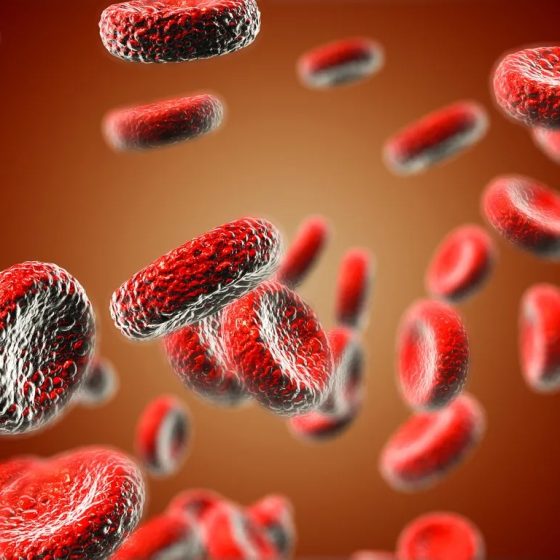G6PD deficiency
Overview Glucose-6-phosphate dehydrogenase deficiency is an X-linked inherited disorder that predisposes to haemolytic anaemia. Glucose-6-phosphate dehydrogenase (G6PD) deficiency is one of the inherited haemolytic anaemias. It is an X-linked inherited disorder due to a genetic variant (i.e. mutation) in the gene that encodes the protein G6PD located on the long arm of the X chromosome. G6PD is needed for the formation of nicotinamide adenine dinucleotide phosphate (NADPH) that is used to maintain stores of glutathione in red blood cells that has a crucial role in preventing oxidative damage. The condition is usually asymptomatic but characterised by episodes of anaemia due to haemolysis

